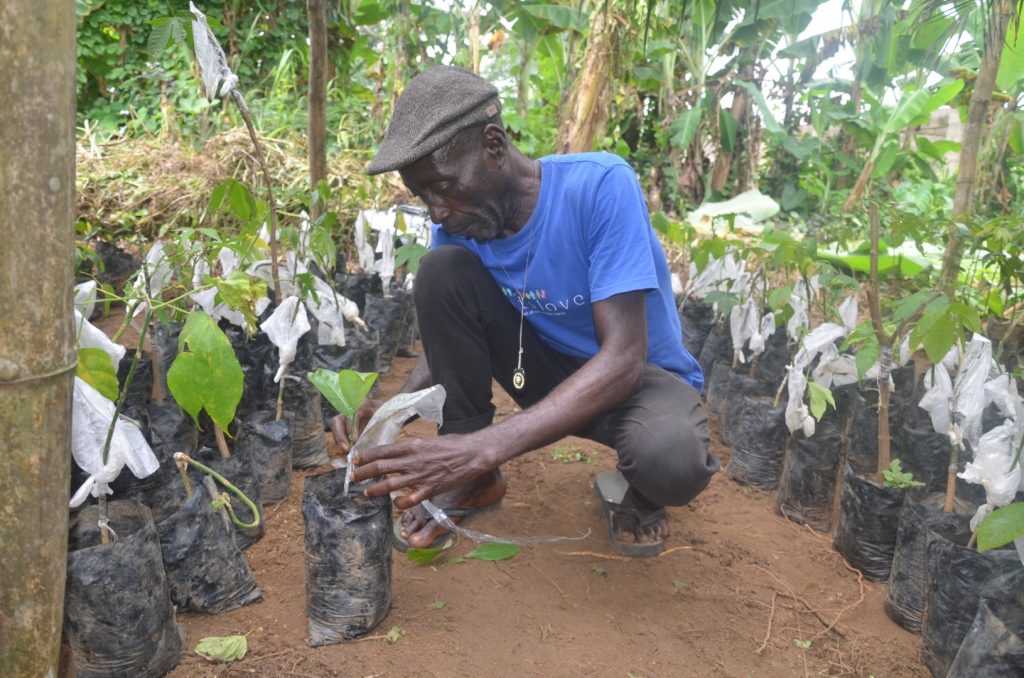Bamboo and Beyond: Restoring Cameroon’s Forest Landscapes
The Restoration Initiative’s (TRI) project in Cameroon tackled ecosystem degradation in a diverse array of landscapes across the magnificently biodiverse coastal country. The restoration, maintenance and sustenance of the degraded Sudano-Sahel Savannah of the Waza Landscape, forest margins and agroecosystems in Mbalmayo, and the vast mangrove ecosystems in Douala-Edea spanning over 400,000 hectares, is essential for conserving ecological balance and a symbiosis between the land and its people. However, these vibrant ecosystems of Cameroon have suffered degradation as a result of numerous different threats, such as a lack of governance, harmful agricultural practices, rapid urbanization, and exploitative land use. TRI worked to mitigate the negative impacts of these challenges by way of multiple restoration efforts and strategies, largely involving the introduction of indigenous bamboo species.
A National Treasure
TRI’s project in Cameroon aimed to restore degraded ecosystems by developing a local industry of Non-Timber Forest Products (NTFPs), including bamboo. Bamboo, once considered a worthless resource, is now regaining its importance due to its ecological and economic benefits. Indigenous to Cameroon, bamboo grows rapidly in rough soils, stabilizes loose earth, and prevents erosion. It can also be harvested for construction material, furniture, food, and fuel, providing an alternative income stream that reduces pressure on natural forests. Uncovering the ecological utility of this abundant resource presented the locals of Cameroon with the means to relieve the pressure on overly exploited ecosystems and gradually veer from structurally engrained land misuse.
Innovative Approaches and Milestones
The TRI project in Cameroon made remarkable progress in restoring degraded lands and supporting local communities.… Read the rest
